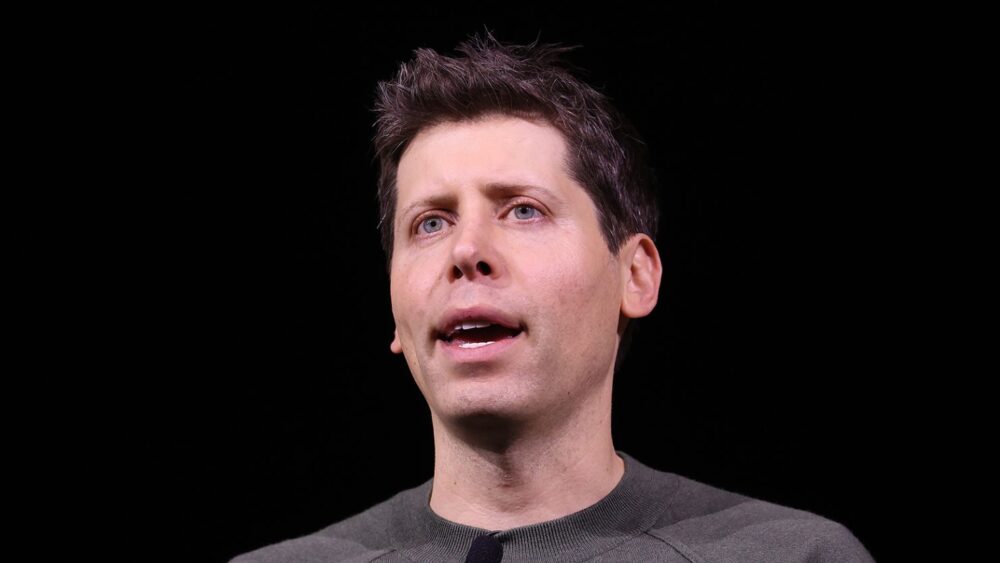During his presentation at the World Economic Forum in Davos, Sam Altman, CEO of OpenAI, shared his vision for the future trajectory of AI technology.
Altman emphasized that GPT-4 should be viewed as an initial glimpse into the potential of AI, especially in the context of regulatory considerations. He pointed out the challenge in this perspective, noting that people generally struggle to grasp the concept of exponential progress.
He is of the opinion that advancements in AI will lead to increasingly rapid changes in the world. Altman highlighted that human foresight is limited to only a few steps ahead, yet he anticipates that the evolution of AI will follow an exponential curve rather than a linear one.
Altman said: “What does it mean if GPT 5 is as much better than GPT 4 as four was to three and six is to five, and what does it mean if we’re just on that trajectory now.”
While discussing the future of AI at the World Economic Forum, Altman also underscored OpenAI’s strategy of progressively rolling out AI technologies. According to the chief executive, this approach is designed to foster the development of social and economic frameworks for AI, allowing for the identification and correction of errors while AI’s impact remains manageable, and to encourage collaboration beyond traditional boundaries.
In response to inquiries about the forthcoming major model from OpenAI, potentially GPT-5, Altman conveyed his belief that this new iteration will significantly outperform GPT-4, boasting “very impressive” new features. However, he hinted that it might not carry the name “GPT-5,” noting his preference against following a naming convention akin to “iPhone 27.”
He did not talk about a potential release date for GPT 5 either. He said: “I expect us to take our time and make sure we can launch something that we feel good about and responsible for within OpenAI.”
Altman had said in a previous interview that it would be difficult to predict a launch timeline for GPT 5 due to all the unsolved scientific questions and the necessity for increased computational resources.
Altman also shared insights into OpenAI’s overarching aim of achieving general artificial intelligence. He expressed optimism about this becoming a reality in what he described as the “reasonably close-ish future.” However, he anticipates that the impact on the global landscape and job market will be less dramatic than commonly predicted, and even less so than he had initially believed.
Via: The Decoder






